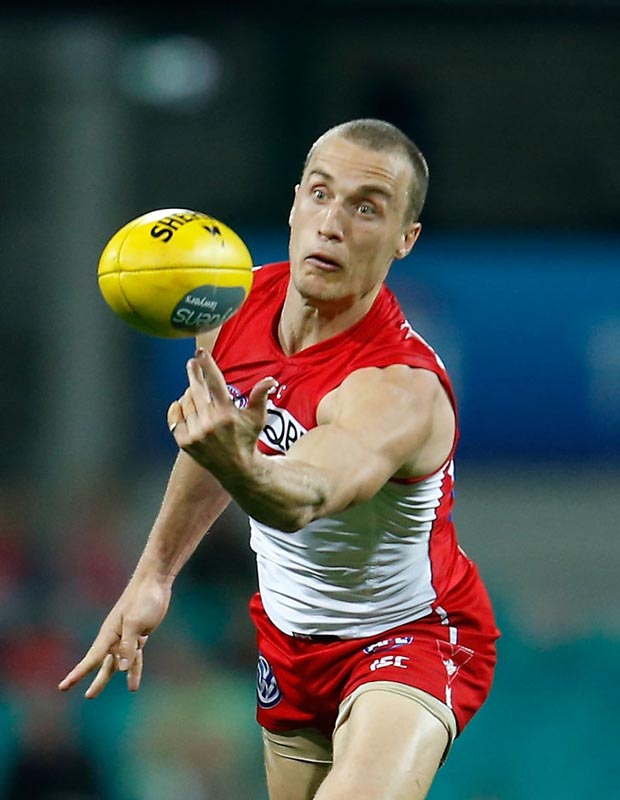Money Talks: Sydney Swans legend Ted Richards is finally kicking goals – with ETFs
Experts
Experts
Money Talks is Stockhead’s regular drill down into what stocks investors are looking at right now. We’ll tap our extensive list of experts to see what’s hot, their top picks and what they’re looking out for. Today, we hear from Ted Richards, director of business development for Melbourne-based investment management and financial services firm Six Park.
Some of our avid readers might recognise the name and the face and yes, it is the same Ted Richards that was once played AFL for Essendon and the Sydney Swans.
Skills!:

Investment management is a bit of a career shift from footy, but surprisingly has many similarities, according to Richards.
“Most people assume that they’re very different, and to be fair they are in many ways, but there are massive similarities between them in that they are both immensely competitive,” he told Stockhead.
“And it doesn’t matter what you did last year, last month or even last week, your performance is what you stand by and it’s a matter of consistently repeating your process, doing your hard work and being disciplined.”
So you’re probably all dying to know what an AFL legend (261 games, All Australian, Premiership player) thinks is hot in the investing world, so let’s get down to the nitty gritty…
Six Park specialises in exchange traded funds (ETFs), which are funds that trade on a stock exchange just like individual stocks but is a bunch of securities that track an underlying index.
“There’s pretty much two approaches to investing – there’s the active side where people believe that they can outperform the market by picking individual companies, which has been how people have traditionally invested for a long period of time,” Richards said.
“But now there is a growing and emerging way to invest and that’s what people call passive investing.
“People can now, through the benefits of technology and exchange traded funds, invest in indexes with the benefits of just one trade and get exposure to hundreds, even thousands of companies.”
According to Richards, ETFs are gaining in popularity among investors because they don’t attract huge fees.
He says an annual study called the SPIVA Report — which compares fund managers’ performance to index performance – continues to show that most professional fund managers underperform their benchmarks.
“One of the major contributing factors is because of the fees that they charge,” Richards explained.
“And that’s why investing passively in indexes is becoming so popular because it’s so hard for a professional to outperform the market, let alone an amateur, and you can get exposure to these sector classes from really small fees.”
For example, ETFs charge as little as $5 on a $10,000 investment.
“So for miniscule fees you can get exposure to asset classes all around the world and I think a lot of people are now learning that stock picking is incredibly hard and ETFs provide fantastic exposure to diversify people’s portfolios,” Richards said.
One ETF Richards recommends is infrastructure because it provides a bit more of a “defensive income”.
“This provides exposure to companies like toll roads and energy providers like Transurban, which owns toll roads in Australia and also in the US too,” he said.
“And what’s great about infrastructure as an asset class is you can get great capital returns but also quite attractive income returns around 4.5 per cent.
“It’s a little bit more boring than some of the hot tech sectors right now, but I think it’s always worthwhile to have a balanced portfolio.”
Ted Richards has a Bachelor of Commerce, a Masters of Applied Finance and has studied Behavioural Economics at Harvard Business School. He has previously worked for Citigroup and Airlie Funds Management and is now Six Park’s Director of Business Development. He also hosts an investing podcast called the Richards Report where he speaks to investing experts from around Australia.